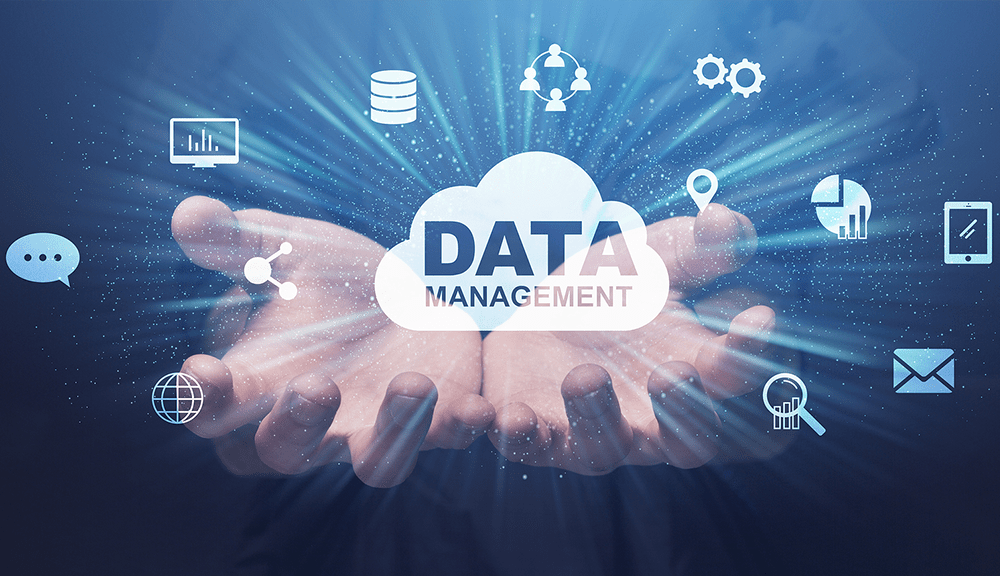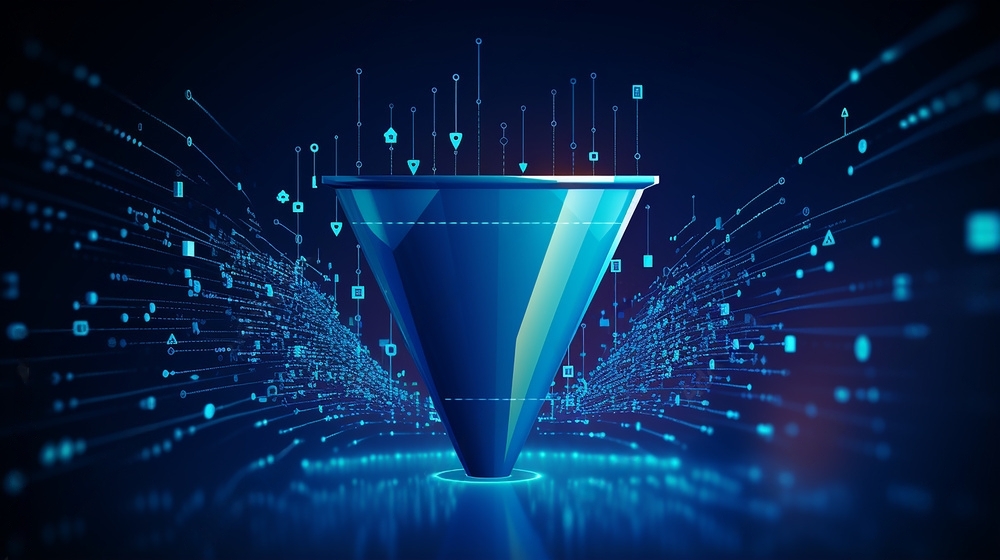B2B businesses are always looking for efficient ways to communicate with their target audience, create leads, and encourage conversions in today’s fiercely competitive business environment.
Email marketing stands out among the myriad of marketing strategies available as a potent instrument that may have a big influence on the performance of B2B enterprises. The email marketing market is expected to reach USD 3.1 billion by 2030, increasing at a 11.4% CAGR.
In this blog article, we’ll discuss email marketing’s many advantages and show you how it may improve your B2B efforts.
1# Targeted Reach and Personalization
One of the key advantages of email marketing is the ability to precisely target and reach the right audience. B2B businesses can segment their email lists based on various criteria such as industry, job title, or company size, ensuring that their messages are delivered to individuals who are most likely to be interested in their products or services.
Furthermore, personalized emails that address recipients by name and cater to their specific needs and pain points establish a deeper connection, fostering trust and loyalty.
2# High ROI and cost-effectiveness
Especially when compared to conventional marketing methods, email marketing offers B2B enterprises a very cost-effective alternative. Email campaigns may be run for a fraction of the cost of direct mail or print advertising, with low costs for design, copywriting, and delivery.
Furthermore, the return on investment (ROI) for email marketing is consistently excellent. Well-designed email campaigns may provide great results while maximizing your marketing budget by nurturing leads, increasing website traffic, and promoting conversions.
3# Creating and nurturing leads
A key component of B2B marketing is efficient lead creation, and email campaigns excel in this regard. B2B companies may increase the number of quality leads on their contact lists by collecting email addresses through website opt-ins, webinars, or gated content.
Businesses may nurture these leads by providing pertinent content, educational materials, and product updates through a well-structured email marketing plan. This constant interaction increases leads’ likelihood of becoming customers by fostering trust, demonstrating knowledge, and keeping your brand top-of-mind.
4# Automation and Scalability
Email marketing platforms offer a wide array of automation features that empower B2B businesses to streamline their marketing efforts and achieve scalability.
Automated workflows enable businesses to send targeted emails based on specific triggers or actions, such as welcoming new subscribers, following up on inquiries, or sending personalized recommendations. This level of automation not only saves time and resources but also ensures that leads receive timely and relevant communication, enhancing their journey through the sales funnel.
5# Data insights and Measurable Results
Email marketing, in contrast to other conventional marketing strategies, offers thorough and quantifiable data insights. Key indicators, including open rates, click-through rates, conversion rates, and subscriber engagement, may all be tracked by B2B companies.
This information enables ongoing email campaign optimization and improvement, resulting in better outcomes over time. Businesses may obtain important insights into consumer preferences, habits, and interests by utilizing analytics, A/B testing, and segmentation. This allows them to customize their messaging and increase engagement.
6# Building Relationships and Retaining Customers
Building solid customer relationships is crucial for B2B businesses, and email marketing is crucial in establishing those ties. Regularly interacting with your consumer base via carefully produced newsletters, market insights, or special deals strengthens the value of your brand and encourages client loyalty.
Businesses engaged in business-to-business (B2B) partnerships may foster long-lasting relationships, encourage repeat business, and foster customer advocacy by continually providing relevant information and individualized experiences.
Conclusion
Email marketing continues to be a vital tool for promoting development, nurturing leads, and building enduring client connections in the fast-paced world of B2B marketing. It differs from traditional marketing channels in that it can produce measurable outcomes, target certain consumers, and customize communication.






